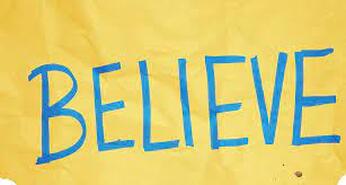We are all born with a certain package. We are who we are. Where we were born, who we were born as, how we were raised. We are kind of stuck inside that person, and the purpose of civilization and growth is to be able to reach out and empathize a little bit with other people, find out what makes them tick, what they care about. For me, the movies are like a machine that generates empathy. If it’s a great movie, it lets you understand a little bit more about what it’s like to be a different gender, a different race, a different age, a different economic class, a different nationality, a different profession, different hopes, aspirations, dreams and fears. It helps us to identify with the people who are sharing this journey with us. And that, to me, is the most noble thing that good movies can do and it’s a reason to encourage them and to support them and to go to them.” Human empathy is a lacking attribute in Donald Trump’s America. While empathy does not mean “acceptance,” it does mean trying to understand and feel for people in hard times or situations. Sadly, most of us view the world through bad political or theological worldviews, causing a huge misunderstanding in what it means to care for others. So so often I hear conservatives argue that people who made poor decisions should pay the price. We hear words like “freeloaders” and many think that the poor chose to be poor, as if somehow being in a poverty-ridden state is a desired destination. Common talk I have with people I know: Me: So in So is struggling in life. Them: We’ll they should have gone to college and not had kids. While that might be a reason they are struggling, plenty of people people have skipped on college and had kids and are doing fine. Maybe this situation is more complex. And just acknowledging a potential root of the issue isn’t productive. Should these people give up the child and take out $30,000 in student loans? I’m not sure what the point of the comment is. This brings me to The Florida Project, a truly moving film that will build human empathy into your soul concerning the victims of choices that so many people make and don’t see similar outcomes. The film follows a handful of small children during a hot summer in Orlando, Florida. They run around the numerous cheap motels they live in 29 days at a time, moving out one day a month to avoid residency law violations, and get into the type of trouble Mark Twain would have put them in. The main girl Moonee lives with her drug addicted, alcoholic mother who prostitutes herself while the little girl sits in the bathtub. It’s a heartbreaking film, but a good reminder that while the “Disneyland” fantasy is around the corner, the world in the shadows is dark and real and needs our attention. The acting is spectacular. Every character is fully defined and not a caricature. Maybe the choice by director Sean Baker to use non-actors helps that. But there is one traditional actor used in William Dafoe. One of the best villains in film history (Spider-Man anyone?), he has also played complex characters including a doubting Jesus Christ (The Last Temptation of Christ) and a torn military leader (Platoon). But in this film he transcends all typecasts against him and portrays the patriarch super of the Magic Castle motel. His acting is poetic. Every scene he shows his love and care for these numerous young mothers trapped in a life they didn’t see coming. Not one positive father figure is shown. Not the absent daddies, the creepy old pedophiles, or the dad sleeping with prostitutes and losing his $1700 Disneyworld family wristband package. Yet there is Dafoe, protecting the children, paying the difference in rent for the mothers, and letting the kids play hide and seek under his desk, knowing that many of these children and parents have nowhere else to go. Hotels don’t ask for credit checks. Apartments do. They are stuck at “The Magic Castle” hotel without a chance to see the $300 a ticket Magic Castle nearby. Where the film greatly succeeds is in reminding the audience that there are people out there that have few options, and that children are the victims. The kids in these movies most likely won’t grow up to live productive lives. Not because they can’t, but because they are never taught how to. They will learn to scrape by or be thrown around the foster home system. They will struggle because struggling is the model in which they live.
Movies can’t solve every problem, but watching a film like The Florida Project can remind us to love each other and take care of each other and feel some empathy toward those with a struggle we can’t see. It’s literally the least we can do.
0 Comments
Leave a Reply. |
Paul Douglas Moomjean Blog's About What's on His MindBlogging allows for me to rant when there is no stage in the moment to talk about what's important and/or funny to me. Archives
July 2024
Categories |
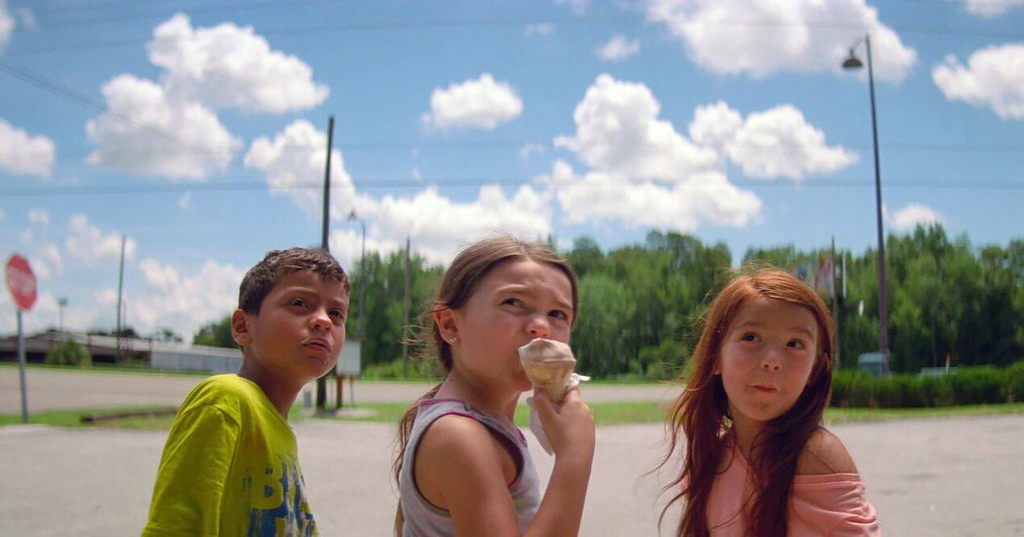
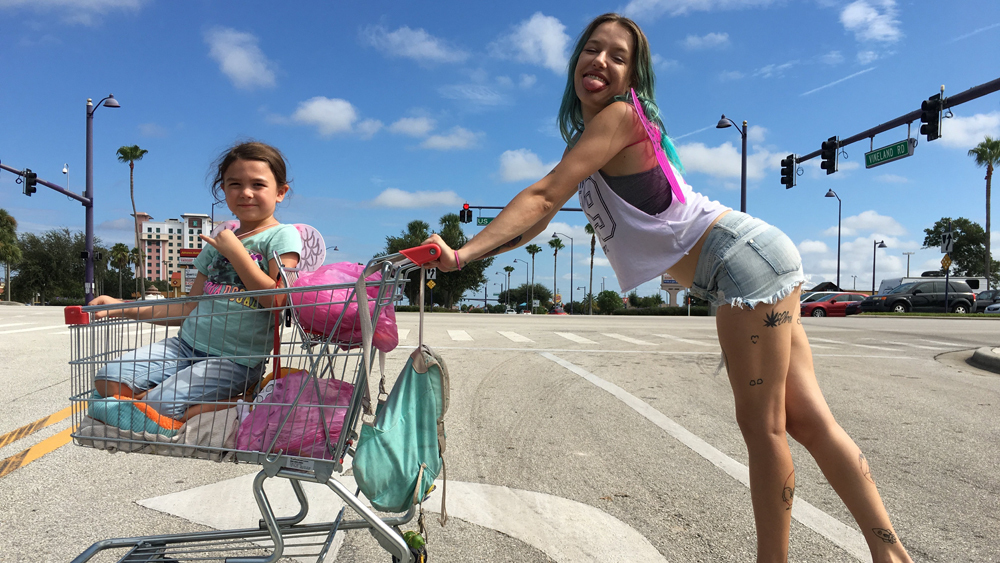
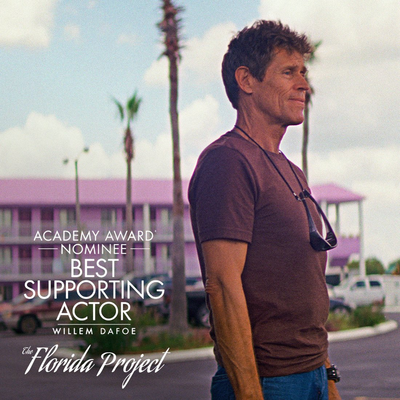
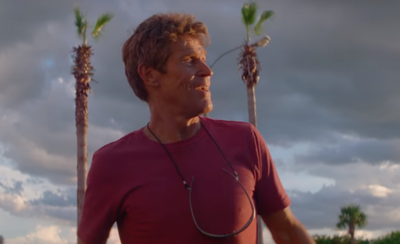

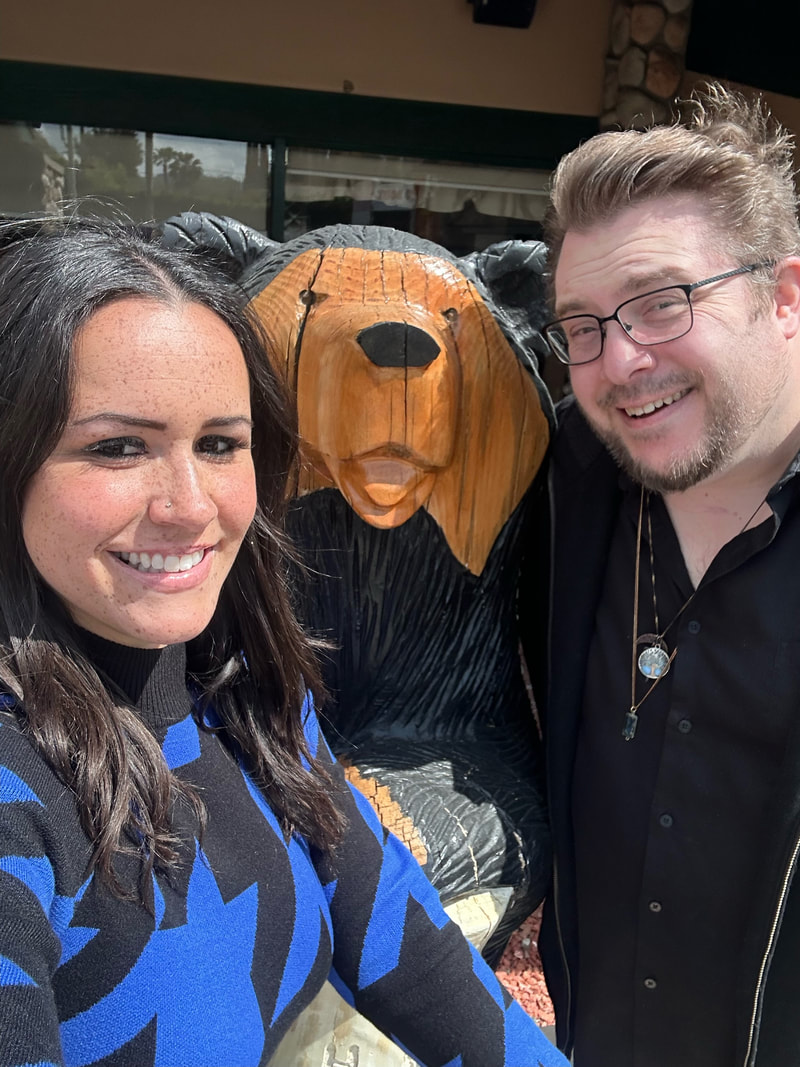
 RSS Feed
RSS Feed
